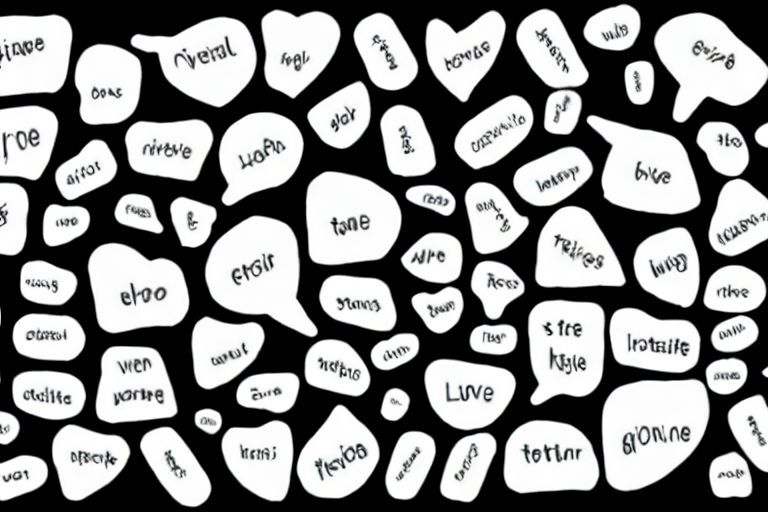The Science of Romantic Love: Understanding the Chemistry in Your Relationship
When we talk about love, we often speak of the heart. But did you know that romantic love is actually a chemical reaction in our brains?
Here’s a closer look at the science of romantic love and how it affects your relationship.
The Chemical Reaction
When you fall in love, your brain releases a cocktail of chemicals, including dopamine, oxytocin, and serotonin. These chemicals create feelings of euphoria, pleasure, and emotional attachment.
Dopamine, in particular, is the neurotransmitter that’s responsible for the “high” you feel during the early stages of love. This chemical creates feelings of pleasure, happiness, and reward, and it’s the same chemical that’s associated with addiction.
Oxytocin is another chemical that’s released during the bonding stage of a relationship. Known as the “cuddle hormone,” oxytocin promotes feelings of closeness, trust, and intimacy.
Serotonin is another chemical that’s released during the early stages of love, and it creates a sense of obsession and preoccupation with your partner. This is why you might find yourself thinking about your partner constantly or feeling like you can’t live without them.
The Three Stages of Love
Romantic love can be broken down into three distinct stages: lust, attraction, and attachment.
Lust
Lust is the initial stage of love, and it’s driven purely by physical attraction. During this stage, your brain is flooded with sex hormones such as testosterone and estrogen, which lead to feelings of sexual desire.
Attraction
The attraction stage is the “high” you experience when you’re falling in love. This is when dopamine is released in your brain, leading to intense feelings of pleasure and reward.
Attachment
The attachment stage is when you start to feel a sense of emotional bonding and commitment to your partner. This is when oxytocin is released in your brain, promoting feelings of trust, closeness, and intimacy.
Understanding the Science of Love in Your Relationship
Understanding the chemistry of love in your relationship can help you to identify and navigate the different stages of love.
During the lust stage, it’s important to be aware of your physical attraction to your partner and to communicate openly and honestly about your desires.
During the attraction stage, it’s important to enjoy the “high” of falling in love while also keeping a level head and avoiding impulsive decisions.
During the attachment stage, it’s important to nurture your emotional bond with your partner and work together to build a strong, healthy, and lasting relationship.
By understanding the science of romantic love, you can create a deeper, more meaningful connection with your partner and experience the many benefits of a healthy and fulfilling relationship.





